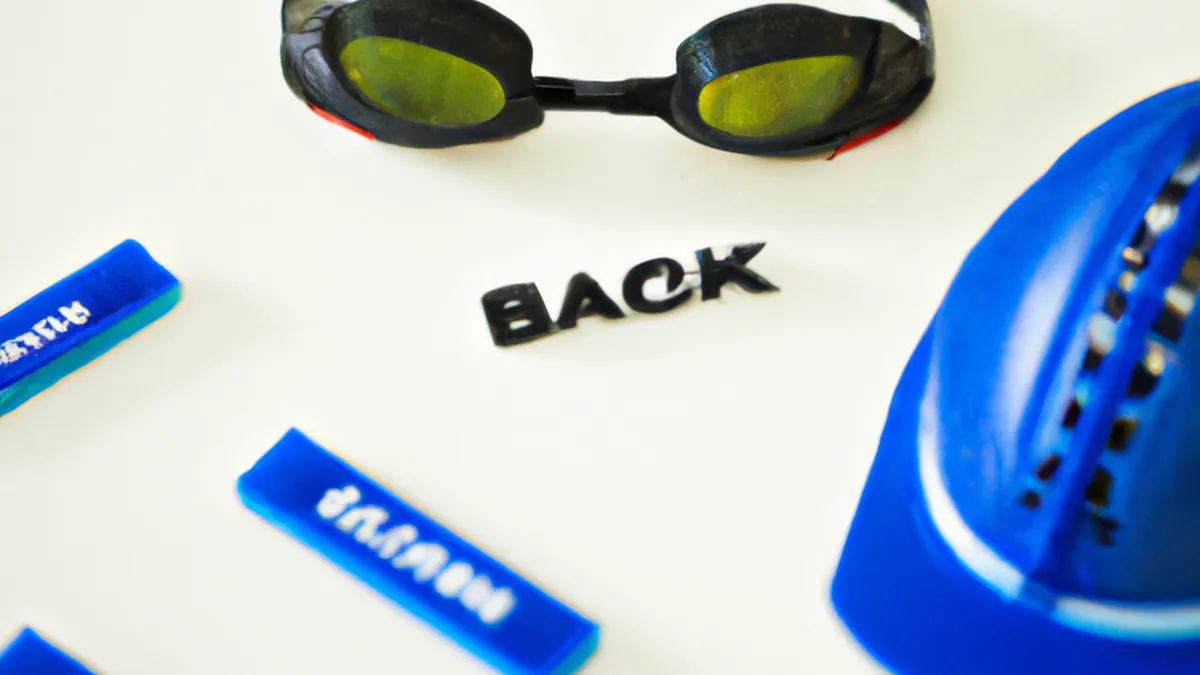Break Away: Unique Recovery Practices
Active Recovery Strategies on Rest DaysRest days play a crucial role in recovery and performance. However, you can stay active. Incorporate active recovery strategies to enhance your fitness journey. These strategies help your muscles repair while keeping you engaged. Active recovery boosts blood flow, reduces soreness, and maintains flexibility. Let’s explore effective tips and benefits of active recovery.
What is Active Recovery?
Active recovery involves low-intensity activities that aid recovery without stressing your body. Instead of lounging, engage in gentle exercises to speed recovery. Active recovery doesn’t require hard workouts; focus on enjoyable movements that support your body.
The Importance of Active Recovery
Active recovery offers several benefits:1. **Promotes Blood Circulation:** Light movement increases blood flow, delivering nutrients and removing waste from muscles.2. **Reduces Muscle Soreness:** Low-intensity exercise eases tightness and soreness, helping you return to intense workouts.3. **Maintains Flexibility:** Gentle stretching enhances your range of motion, lowering injury risks in future workouts.4. **Improves Mental Well-being:** Light activity boosts endorphin levels, enhancing your mood and reducing stress.
Tips for Active Recovery
As an Amazon Associate I earn from qualifying purchases.
Gear tip: consider stretching strap, compression sleeves, and compression socks to support this topic.
1. Go for a Walk
Walking serves as a simple and effective way to stay active on rest days. A brisk 30-minute walk improves circulation and reduces soreness. Enjoy the outdoors, clear your mind, and reflect on your training goals.
2. Try Yoga or Stretching
Incorporate yoga or stretching into your rest day routine. These practices enhance flexibility, relaxation, and mindfulness. Consider a gentle yoga session focusing on deep breathing and extended poses. Online classes often emphasize restorative movements. Even 20 minutes of targeted stretching can relieve tension and promote muscle relaxation.
3. Engage in Light Swimming
Swimming offers a low-impact, full-body workout, soothing sore muscles. It engages multiple muscle groups without straining your joints. Swim laps leisurely or try water aerobics for a fun twist. Water’s buoyancy reduces impact, making swimming an excellent active recovery choice.
4. Opt for Cycling
Cycling at a relaxed pace effectively keeps you active.
Conclusion
Incorporate active recovery strategies into your rest days for better recovery and performance.
Below are related products based on this post:
FAQ
What is active recovery?
Active recovery involves engaging in low-intensity activities that aid recovery without putting stress on your body. Instead of resting completely, you perform gentle exercises that help your muscles repair while keeping you engaged.
What are the benefits of active recovery?
Active recovery promotes blood circulation, reduces muscle soreness, maintains flexibility, and improves mental well-being. Light movements increase blood flow, ease tightness, enhance your range of motion, and boost endorphin levels, contributing to a better mood.
What activities can I do for active recovery?
You can incorporate activities such as walking, yoga, light swimming, or cycling at a relaxed pace. These activities are enjoyable and effective ways to stay active on rest days while supporting your recovery process.















Post Comment